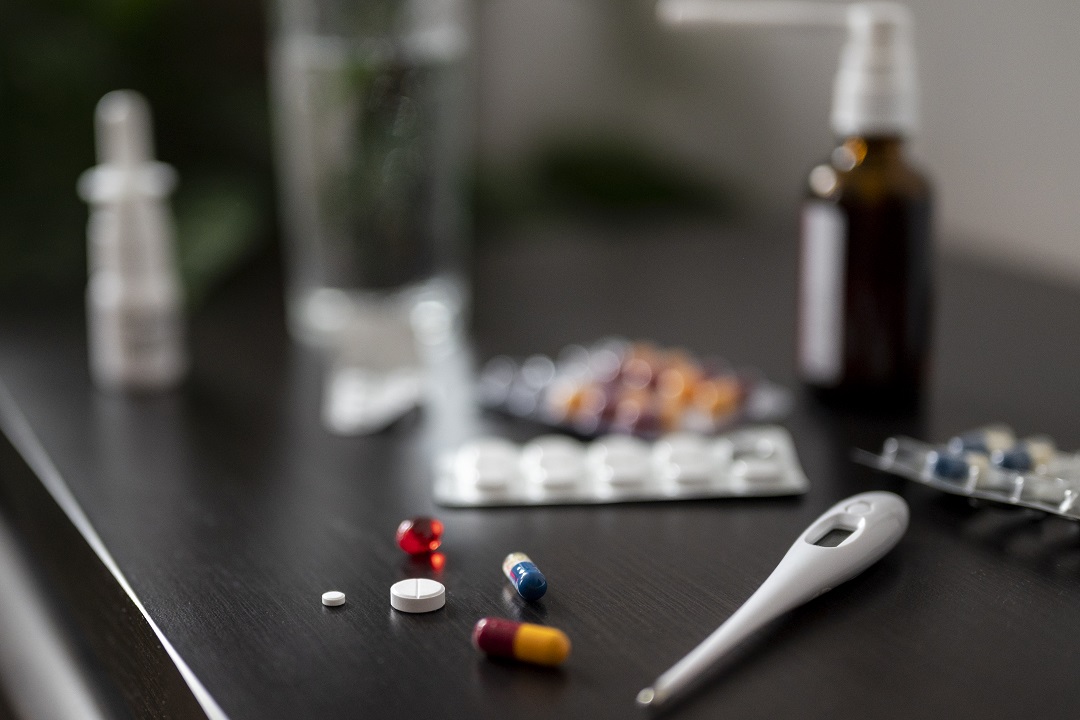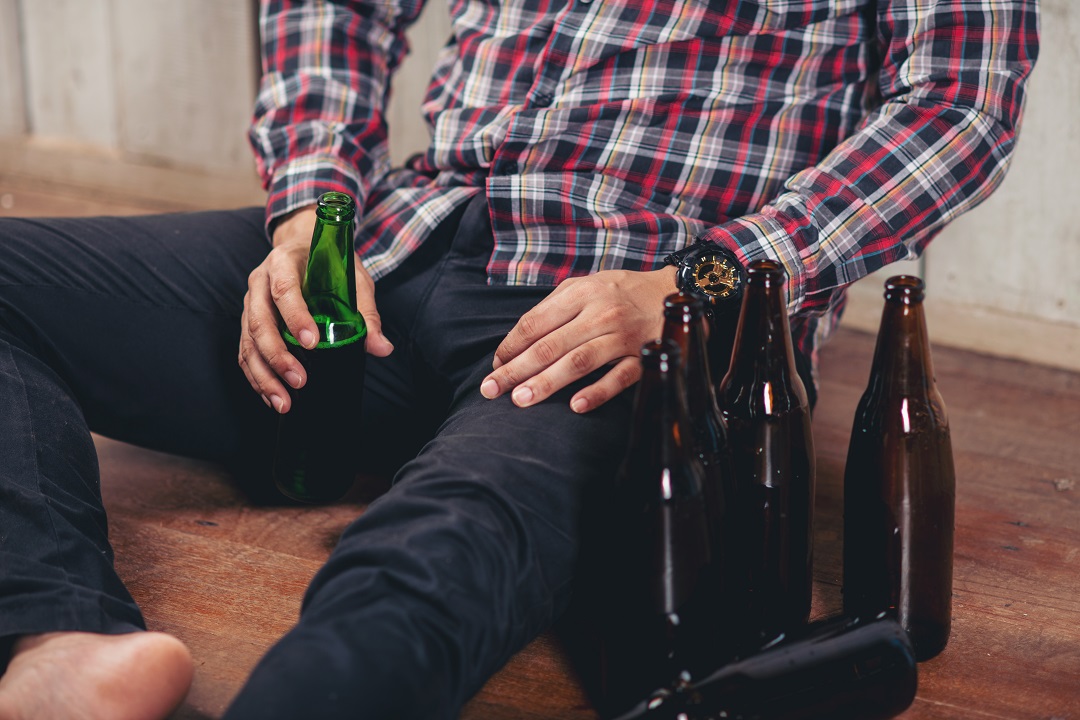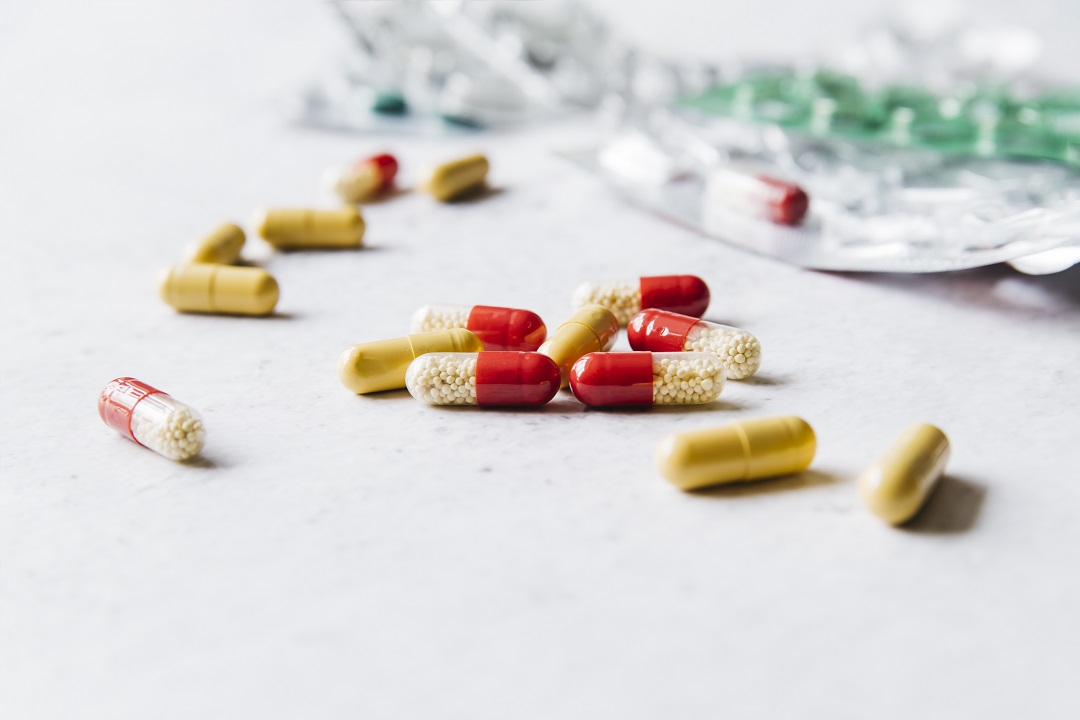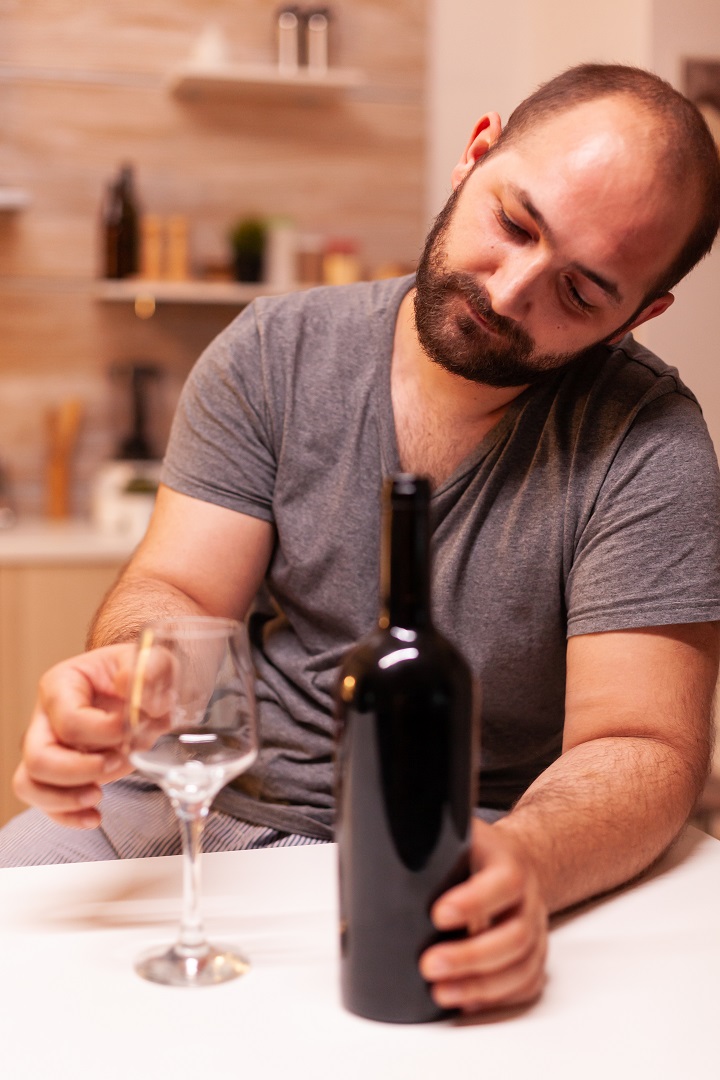Understanding whether addiction treatment is effective can be a difficult and complex issue.
Addiction is a complex issue with many underlying causes and is unique to each individual. Therefore, the effectiveness of any particular treatment can vary significantly from person to person. Additionally, seeking addiction treatment can be difficult and frightening, as it often requires facing painful memories and confronting deep-seated issues.
In this article, we will attempt to provide an overview of the effectiveness of addiction treatment. We will look at what kind of treatments are available, how they work, how successful they are in helping people recover from their addiction and the different factors that can affect their success rate.
We hope that by looking at all these aspects of addiction treatment, you will better understand what treatments are available and which may be suitable for you or someone you know struggling with an addiction.
What Is Addiction?
Addiction, by definition, is a powerful and uncontrollable urge to use a substance or engage in an activity, even when it could be damaging to one’s health, relationships, and life. It is a chronic disorder which affects the brain’s reward system and is characterized by a compulsion to repeat negative behaviour despite having negative consequences.
It can take many forms: from alcohol or drugs to gambling or shopping. Addiction has physical, psychological and social components. Physically, it changes how the brain works and causes changes in the brain’s chemistry. Psychologically, addiction creates intense cravings and compulsive behaviour, which can become difficult to control without help. Socially, addiction may lead to isolation as well as financial difficulties.
Ultimately, addiction can have serious consequences that can be damaging if left untreated. That’s why seeking help from professionals specialising in treating addictions is essential—achieving long-term recovery and improving overall quality of life.
How Does Treatment Help?
Addiction treatment is designed to provide a break from the cycle of use and abuse while helping the individual identify and address underlying issues fueling their substance misuse. Treatment programs will use various methods to help an individual learn healthier habits and develop better coping skills to deal with stress, cravings, relapse, and many other challenges faced by those battling addiction.
The most common type of treatment is cognitive-behavioural therapy (CBT), which helps individuals identify and manage triggers along with destructive patterns of thinking and behaviours. By learning more effective coping skills that don’t involve substance use, individuals can make positive changes and build a foundation for living without drugs or alcohol.
Other treatments include group counselling sessions, family therapy, relapse prevention tools, and medications like buprenorphine or naltrexone. All of these treatments are designed to help individuals create a plan for sobriety that works for them and includes the right combination of resources to meet their unique needs.
Different Types of Addiction Treatment
Treatment options are available if you or someone you know is suffering from an addiction. But not all treatments are the same. Depending on your specific situation and needs, different types of addiction treatment may work better for you than others.
Inpatient Treatment
The most intensive type of addiction treatment is inpatient rehab. This form of therapy requires round-the-clock care and supervision and can last anywhere from 28 days to a year or more. Patients can access 24-hour medical care, psychological counselling, and therapies to address their individual needs during this time.
Outpatient Treatment
Outpatient treatment is also an option for those with milder addictions or those who must keep up with work or school while seeking help. Outpatient treatment is typically shorter than inpatient programs, lasting anywhere from one week to several months. During this time, patients receive supervised care from addiction professionals who can help them better understand the root causes of their addiction and learn new skills for maintaining their sobriety after the program ends.
No matter which type of treatment you choose, it’s important to remember that addiction recovery takes time, and no two paths to recovery are the same. Addiction professionals will work with you to develop a plan that best fits your situation so that you can make strides toward a more healthy and fulfilling life in sobriety.
Benefits of Rehabilitation Centers
Addiction treatment centres are a proven effective way to help individuals facing addiction. Drug and alcohol addiction can be crippling, but seeking treatment at a rehabilitation centre provides several benefits to help individuals regain control of their lives.
- Improved Physical Health: Getting treatment in an addiction recovery program can positively affect physical health. At a rehab centre, individuals can seek professional help to detoxify and learn healthy habits such as nutrition and exercise.
- Mental Health Benefits: The structure and support provided by rehab centres can provide much-needed relief from stressors and emotional distress for those with substance use disorder.
- Improved Quality of Life: Ultimately, rehabilitation aims to improve the quality of life for those undergoing treatment. With enhanced physical and mental health, those who have sought professional help can enjoy more meaningful relationships, more excellent career and educational opportunities, and better overall life satisfaction.
Rehabilitation centres provide an invaluable opportunity for individuals facing addiction to develop healthier behaviours and gain valuable recovery skills that can last a lifetime.
Essential Considerations for a Rehabilitation Center
When considering an addiction treatment program, there are crucial elements you should take into account to ensure you’re getting the best possible care. Here’s what to look for when you choose a rehabilitation centre:
Quality of Care
The quality of care offered at a rehab facility dramatically impacts your chances of long-term recovery, so be sure to research the quality of care provided. Look for evidence-based treatment approaches, such as cognitive behavioural therapy, individual and group counselling, medication management, and relapse prevention.
Accreditation and Licensure
When researching prospective rehabilitation centres, it’s essential to ensure the facility is accredited and its staff is licensed according to state regulations. Doing this will ensure you receive competent care from professionals who adhere to best practices in their field.
Accommodations
The physical living conditions of a rehabilitation centre can play an essential role in helping people recover from addiction, so look for a place that provides comfortable and secure accommodations. Ensure the facility also has amenities like health-promoting activities and mindfulness programs that help people practice healthy habits as part of their recovery process.
FAQs About Addiction Treatment
It’s normal to have questions about addiction treatment, so let’s answer a few of the commonly asked ones.
What Is Addiction Treatment?
Addiction treatment is designed to help individuals struggling with substance use disorder stop using substances or learn how to manage them. Treatment can be inpatient or outpatient, depending on the needs of the individual, and typically involves therapeutic interventions like cognitive behavioural therapy and medication-assisted treatment.
Is Addiction Treatment Effective?
Yes! Research has shown that addiction treatment can be effective in helping individuals struggling with substance use disorder achieve their recovery goals. A study published in 2019 found that people who completed at least 90 days of treatment saw better outcomes than those who completed shorter programs.
Who Should Seek Addiction Treatment?
Anyone struggling with substance use disorder should seek addiction treatment immediately. The earlier someone can get help, the more successful they will likely be in achieving long-term recovery.
Conclusion
In conclusion, addiction treatment is an effective tool for helping addicts regain control of their lives. Addiction is a chronic disorder that requires an understanding of the underlying causes of addiction and an effective treatment plan, and ongoing support. While there are various treatment options, the most successful programs involve a combination of evidence-based therapies and holistic approaches. No matter the process, addiction treatment aims to provide individuals with the tools and support necessary to live a drug-free life. For treatment to be effective, the individual needs an ongoing commitment to the recovery process. At Trucare Trust
The most crucial factor for those looking for an addiction treatment centre is quality of care. It is essential to research various options to ensure that the one chosen offers the best chance of successful recovery. Be sure to examine the licensing, education, and accreditation of the centres’ professionals and the type of treatments provided.
Accommodations are also an essential factor to consider. Finding a centre that provides comfortable and secure accommodations and offers amenities that encourage healthy habits and practices is vital. This could include health-promoting activities such as yoga, meditation, and exercise, as well as more traditional forms of therapy such as cognitive behavioural therapy.
Remembering addiction treatment is not a one-size-fits-all approach is also essential. Individualized treatment plans should be tailored to each person’s unique needs; some may require more intensive care than others. A comprehensive treatment plan should include the full range of interventions from both medical and psychological perspectives.
Finally, it is essential to ensure that support is available beyond the doors of the treatment centre. Ongoing counselling and support groups may be necessary to help individuals maintain abstinence and prevent relapse. This can include family and friends, spiritual guidance, and professional help.
Addiction treatment is a complex process, and there is no one-size-fits-all solution. Choosing a suitable facility is an essential step in recovery.
We understand this commitment and strive to provide our clients with the highest standard of care and support.
Contact Alcohol Rehabilitation Centre in Mumbai








